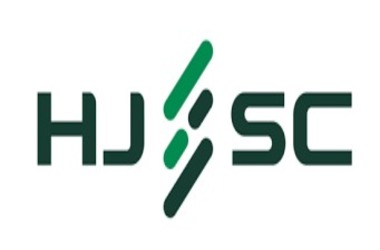
BWB 2022 is a three-day worldwide blockchain event hosted at BEXCO from October 27 to 29, after NFT Busan 2021. NFT Busan 2021 was a major hit with over 10,000 attendees in 2021.
The talk will be delivered by HJ Shipbuilding & Construction Vice President Yoo Sang-cheol (HJSC). Vice President Yoo, the CEO of HJ Shipbuilding and Construction in charge of administration and planning, created the ship fund in Korea for the initial time. Therefore, Vice President Yoo is acknowledged as a specialist in both shipbuilding and ship financing.
HJSC suggests the different approach of shipping sector in Korea in the blockchain era, which fixates on the present position of shipping sector in Korea confronting various types of challenges, the pragmatic funding approach of ship finance utilizing Security Token Offering (STO) powered by blockchain, and the development consequences impacting on a broad range of both front and rear industry.
STO is a digital token created based on conventional assets such as businesses, real estate, artworks, and equities. As debate on the launch of STO employing blockchain technology has lately intensified, STO is emphasized for its ability to allow individuals or entities to share possession of a ship by tokenizing the claims on vessels or even other assets.
Previously, ships were ordered to a shipyard by using shipowner’s holdings and a credit from the banking sector. However, STOs based on blockchain technology allow for small-scale diversified investment and the diversification of funding process.
Until the delivery of a ship, the shipbuilding sector was unable to escape financial trouble despite the fact that it must spend more than 90% of the funds necessary for construction but receives a balance equal to 60% of a ship’s value after delivery.
When ship investment utilizing STO is triggered in the nearish term, a shipyard will be able to construct a ship without any financial obstacles and bolster its profitability by guaranteeing construction costs. In addition, STO will significantly help to the growth of key sectors by generating employment in Korean shipyards and ensuring cargo volumes for ship owners.
Accelerating the construction of digital asset exchanges utilizing STO platforms and associated technologies would be advantageous for Busan, which is pushing itself as a international blockchain city and a maritime finance powerhouse.
In reality, the whole globe has implemented STO for a vast array of assets, including a variety of artworks, equities, and real estate. From the start of the 2008 financial crisis, it has been advocated repeatedly to engage the ship funding network, which permits private capital diversification. The involvement of traditional financial institutions, including banks, has been falling since then.
A representative of HJSC said that STO for ship finance might generate a new possibility for the shipbuilding and shipping industries as a whole by facilitating secure and easy transactions via comparatively tiny diversified investment. The official also anticipated that the new route will be established for the shipbuilding sector in Korea if the establishment of a blockchain-based digital business strategy and financial products stabilizes the employment market.